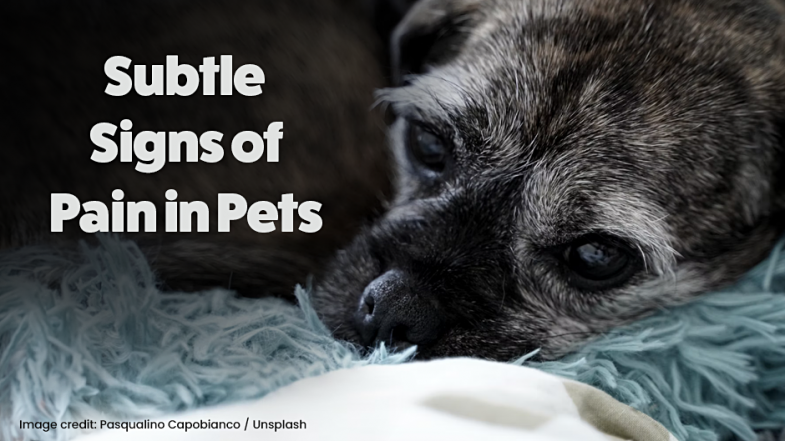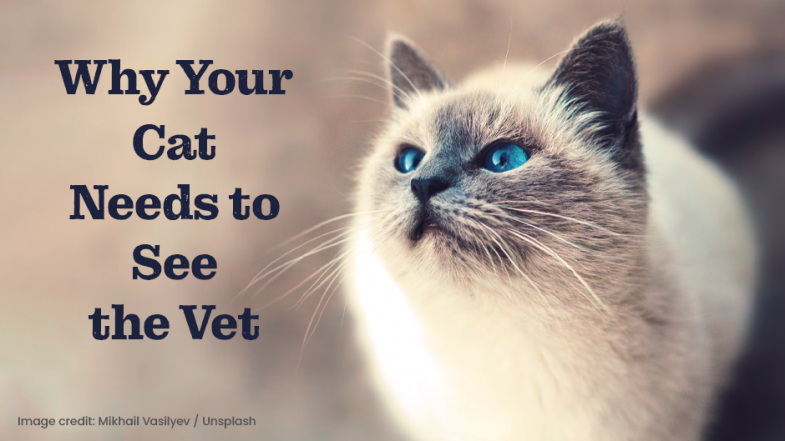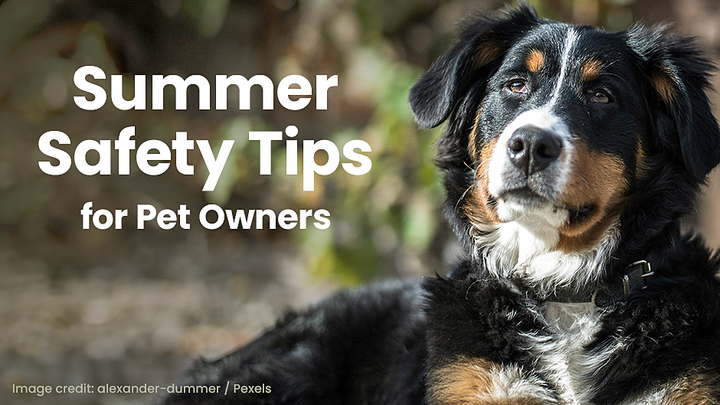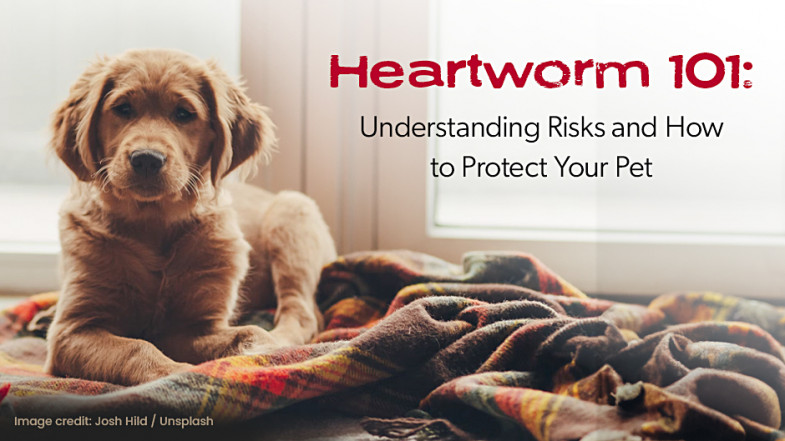Your Veterinary Clinic Blog
Hidden Signs of Pain: How to Recognize Discomfort in Your Pet

When our pets are sick or injured, they can’t tell us where it hurts or how they feel. However, there are subtle signs that can help you determine when your pet isn’t feeling well. Knowing how to recognize these hidden signs of pain is essential for getting your pet the help they need and improving their comfort.
In this article, we’ll discuss some of the hidden signs of pain in pets and what you can do to help.
Common Signs of Pain in Your Pet
While recognizing pain in your pet can be challenging, there are some things you should be looking for. Below are the most common signs of hidden pain in your pet.
- Decreased activity
Is your pet moving slowly or reluctant to engage in normal activities? Decreased activity is one of the most common signs of pain and discomfort. If your pet isn’t feeling well, they may be less interested in their normal activities, such as playing or going for walks. You may also notice your pet becoming more reluctant to perform simple tasks such as going up or down the stairs or jumping up on the couch.
- Decreased appetite
Meal time is usually a favorite time of day for our furry friends. However, if your pet suddenly stops finishing their meals or seems less interested in food, it could indicate an underlying problem. Pets with gastrointestinal upset may lose their appetite and have difficulty keeping their food down. Additionally, dental disease can make it uncomfortable for your pet to eat and enjoy their food.
- Change in behavior
When your pet is in pain, their behavior can change drastically. Pets who are affectionate and friendly may get aggressive or defensive. While this can be alarming, it’s natural for your pet to try to protect themselves when they’re not feeling well. In some cases, pets may also become withdrawn. You may notice your pet hiding or spending more time alone.
- Excessive Grooming
When your pet is experiencing pain or discomfort, their grooming habits can change. Excessive licking or grooming of a particular area can be a sign of an underlying problem. Additionally, continuous licking can cause a hot spot and additional trauma.
If you notice your pet licking, examine the area closely and look for any signs of injury. You’ll also want to discourage your pet from continuing to groom the area to prevent further harm.
What You Can Do to Help
Recognizing the early signs of pain is essential for getting your pet the help they need. If you notice any indication of pain, please give us a call so we can help. Our team will perform a thorough evaluation of your pet and discuss your concerns. Your observations can provide critical information to help us diagnose your pet. Once we know what’s wrong, we can discuss treatment options and pain management to help get your furry friend back on track.
Final Thoughts
When it comes to showing pain, all pets are different. It’s important to monitor your pet closely and know how to spot subtle signs of discomfort. If you have additional questions or concerns about your pet’s health, please give us a call. We hope these tips will help you identify your pet’s pain sooner and get them the essential care they need.




